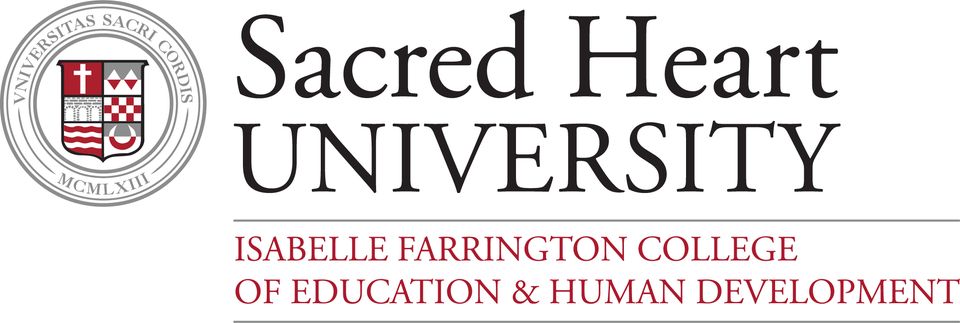Free Marketeers, Policy Wonks, and Yankee Democracy: School Vouchers in New Hampshire, 1973-1976
Document Type
Peer-Reviewed Article
Publication Date
Winter 2008
Abstract
In this article, Jim Carl uses archival sources and interviews to chronicle the effort to bring school vouchers to New Hampshire. In 1973, the New Hampshire Department of Education initiated a plan, funded by the U.S. Office of Economic Opportunity, to institute vouchers in a handful of school districts. Though the initiative had the support of prominent economists, scholars, and political leaders at federal and state levels, the state's urban districts declined to participate, and in the few rural districts that agreed to the planning phase, voters rejected vouchers in 1976. Although advocates chalked up the reversal of support to voter apathy and opposition from the teachers union, Carl identifies deeper reasons for the rejection of the vouchers, including the exclusion of sectarian schools, concerns about federal interference, and the logistical challenges of implementing vouchers in rural areas. The obstacles in New Hampshire yielded lessons for policymakers seeking to build popular and political support for subsequent voucher plans.
Recommended Citation
Carl, J. (2008). Free marketeers, policy wonks, and Yankee democracy: School vouchers in New Hampshire, 1973-1976. Harvard Educational Review, 78(4), 589-614.



Comments
At the time of publication Jim Carl was affiliated with Cleveland State University.